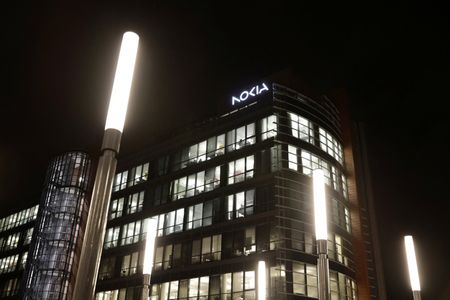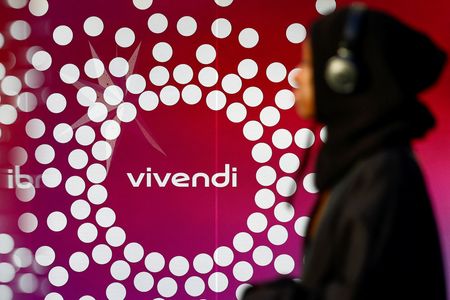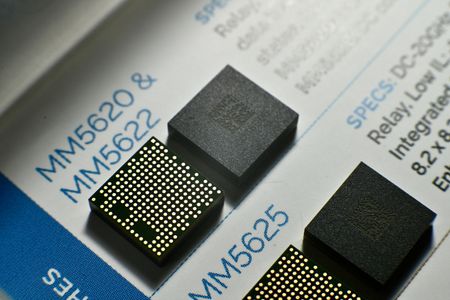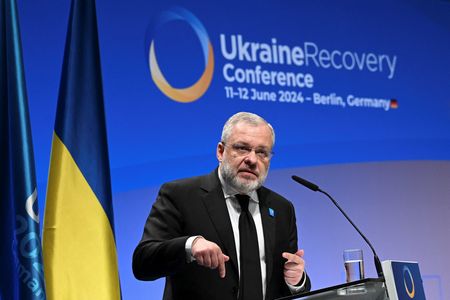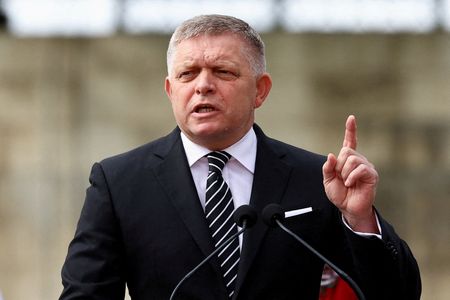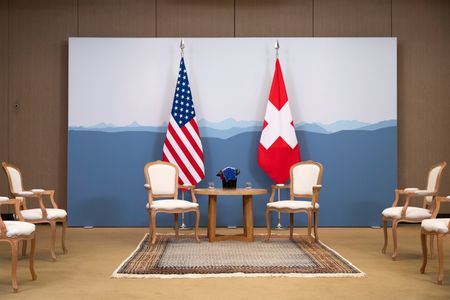By Gianluca Lo Nostro
(Reuters) -Nokia unveiled a new strategy on Wednesday focused on artificial intelligence, as it strives to simplify its business and boost annual core profit by as much as 60% over the next three years.
From 2026, the Finnish telecoms equipment maker plans to split into two main segments, network infrastructure and mobile infrastructure, the former dedicated to AI and data centres while the latter will be dedicated to core telecoms activities.
It is now aiming for annual comparable operating profit of between 2.7 billion euros and 3.2 billion euros ($3.1 billion and $3.7 billion) by 2028, up as much as 60% from 2 billion euros in the last year.
Nokia has been struggling with a slowdown in 5G investments and decided to boost its AI capabilities earlier this year by acquiring U.S. optical networking gear provider Infinera.
The acquisition has lifted sales and was followed by a 1-billion-euro equity investment from chipmaker Nvidia, which bought a 2.9% stake in the Finnish group.
Nokia also said it would launch a new defence incubation unit to deliver secure connectivity to Western countries and cut group operating expenses to 150 million euros by 2028 from 350 million euros.
Shares of Nokia were down 6% after the announcement ahead of its capital markets day event in New York, but are still up 24% in the year to date.
“Market expectations were higher after (a) strong share price increase,” said Atte Riikola, analyst at Inderes.
PP Forseight analyst Paolo Pescatore said the new strategy is not a radical departure from its current focus but added that there were also significant concerns surrounding AI, given the substantial investment and uncertain returns.
(Reporting by Gianluca Lo Nostro, additional reporting by Boleslaw Lasocki; Editing by Ros Russell and Mark Potter)

